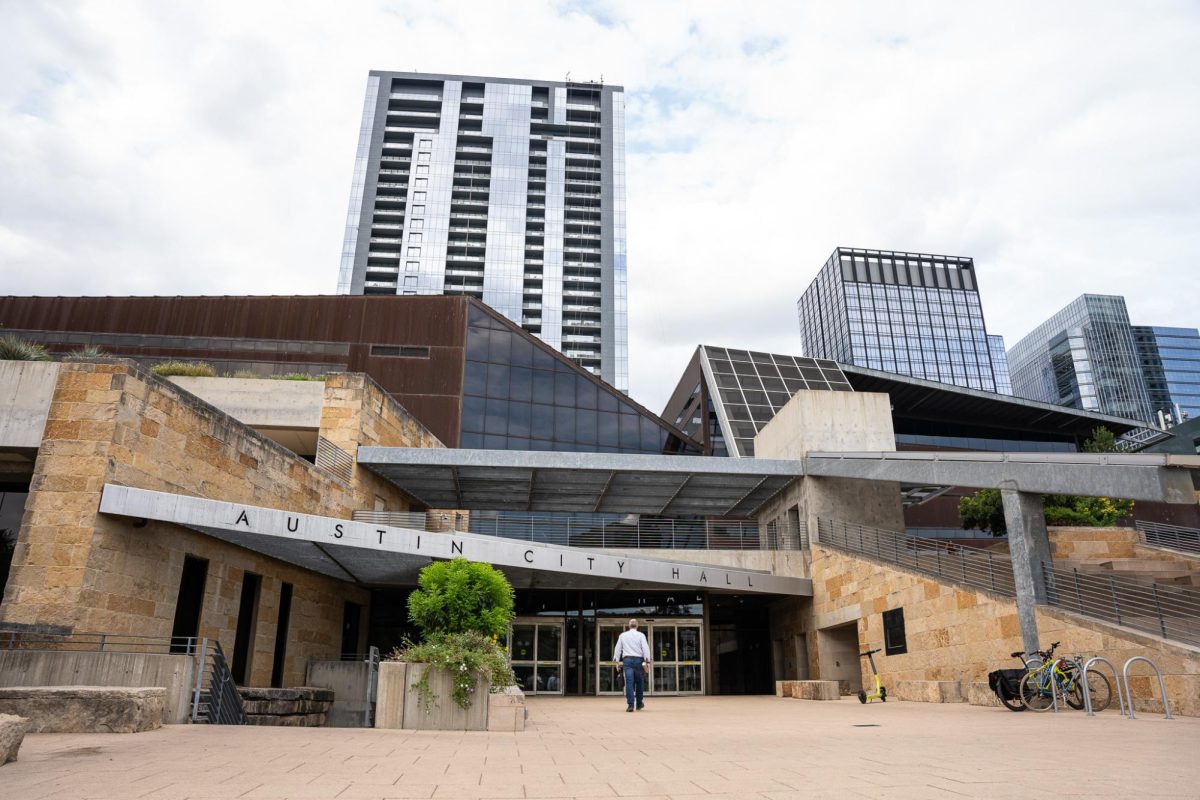A new poll from Elon University indicates that Austin residents may not be thrilled if Amazon decides to plant its second home base here.
The poll, released earlier this month, found that two potential locations for Amazon’s second headquarters — Austin and Denver — had some of the lowest support rates and highest opposition rates to becoming home to “HQ2.”
Of the cities surveyed, Austin had the second-highest opposition rate at 5 percent and the fourth-lowest support rate at 36 percent. The survey polled 357 Austin residents and showed that they are among those least likely to think they need the economic stimulus from HQ2, and that they were more unwilling to accept an addition of five minutes to their daily commutes because of increased traffic.
Amazon released news of their public hunt for a second headquarters last year and is deliberating between 19 U.S. cities, including Austin. The company has promised to bring a potential $5 billion and 50,000 jobs to the city it chooses. But city officials and residents say the move will bring congestion and higher prices.
“We have really severe traffic issues and really severe affordability issues,” Austin Mayor Steve Adler said last month in a Texas Tribune interview.
Marketing lecturer Ben Bentzin said he agreed that the poll is an indication of the way many residents feel.
“We’re feeling the growing pains, and a lot of people think to themselves, ‘I like Austin as it is, why would I (want) more people on top of each other here?’” Bentzin said.
But the poll should not be seen as the final verdict on the entire community’s opinion, Bentzin said. He pointed out its potentially problematic online opt-in format, which could have attracted residents with stronger opinions than those of their neighbors.
Bentzin said the move would be a big boon to University students. Computer engineering freshman Harrison Berrier said he has lived in Austin his whole life and would jump at the chance to stay in town if he could get a job at Amazon.
“I think it’d be awesome,” Berrier said. “From what I’ve heard about Amazon, it’s a pretty impressive workplace. It would be really cool to be able to say you worked for them.”
Sometimes, communities initially opposed to big corporations change their tune after they get used to it, Bentzin said. He predicts the same may be true if Amazon comes to Austin.
“I think that if Amazon were to decide to come to Austin, they would find that, a year later, we would embrace them with open arms,” Bentzin said. “But right now, a lot of Austinites have this fear of the unknown, like, ‘What’s going to happen to MoPac or I-35 with 50,000 new Amazon employees?’”
Ty Henderson, marketing administration associate professor, said Austin may also resent Amazon’s substantial influence.
“It would be an economic boon, but it concentrates a lot of power in Amazon’s hands,” Henderson said. “Maybe people don’t want a company to dictate the future of a town.”
Amazon has said the winning city will be announced by the end of 2018.




















